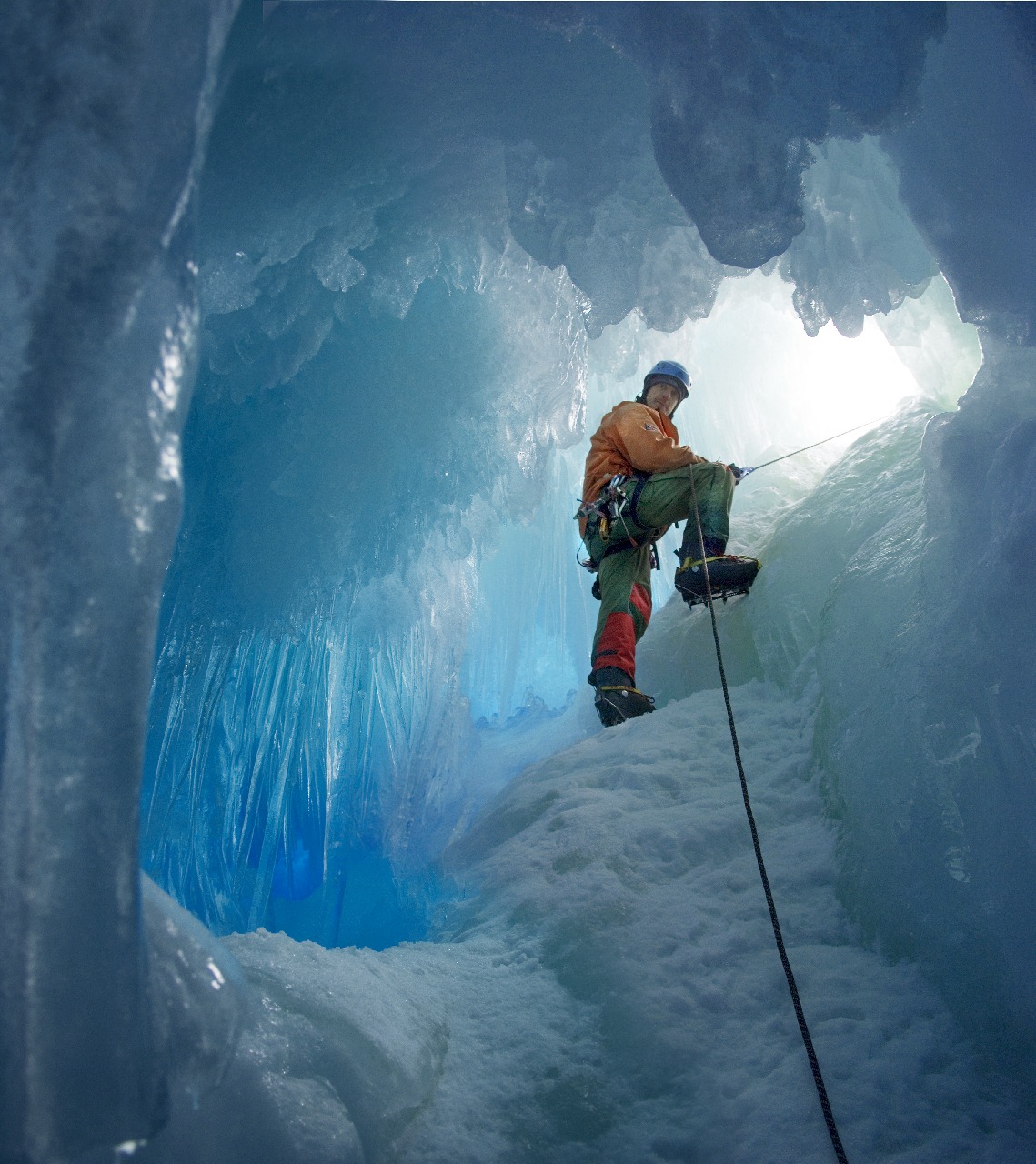Floating Scaffolding for Construction
In an industry first, floating scaffolding has been used to complete a specialist contract lift on the River Severn. The job further expands the capabilities of the...
Read Full Article
Most tend to think of facilities management as a job sector based in hospitals, large office buildings or universities – but some FMs work in the coldest and most remote locations imaginable.
For one facilities assistant, the coldest and most isolated continent in the world could soon be called both work and home.
Rothera Research Station, the largest British Antarctic facility, is recruiting for a station support assistant to help maintain the cleanliness of shared and public domestic facilities.
The four-month contract role involves standard FM tasks such as catering duties, cleaning, waste handling and laundry. However, the candidate will also get to ride on Ski-Doo snowmobiles, enjoy the stunning coastal scenery and the wildlife, fly on small aircraft to field locations and sail through the pack ice on an ice-strengthened ship.
Living and working in a remote yet densely-populated environment, the nearest hospitals are in the Falkland Islands and Chile, and the staff on the station are completely cut off in winter.
The British Antarctic Survey (BAS) Estates Team is based in Cambridge, UK and has responsibility for the buildings and facilities management of all stations in Antarctica. The team’s role is to ensure that BAS is able to conduct safety-critical operations at the limits of human and equipment performance.
The British Antarctic Survey stations have to cater for more than 100 people. Depending on the location, research stations either melt their water from the surrounding snow or extract fresh water from the sea.
Rothera, the station which is recruiting for the FM jobs, has a modern desalination plant that removes salt from seawater.
In summer the frequency of fresh food deliveries may be every few weeks at Rothera, using free cargo space on the Dash 7 airliner. In winter there no opportunities to deliver fresh food at all.
Not all the research is done at the stations and small parties often travel to remote field sites and require provisions to take with them. The British Antarctic Survey has standard sledging ration boxes to last for twenty person-days. They contain food for a balanced and varied diet providing around 3500 kilocalories for each person daily. Such supplies can easily be made to last for longer during less energetic periods (such as lie ups in bad weather), and in favourable summer conditions at low altitudes, when air temperatures are close to or above freezing.
The supplies consist principally of freeze-dried or dried main meals, several varieties of dried soup, dried vegetables, rice, tea, coffee, drinking chocolate, orange drink, biscuits, chocolate, butter, sugar, porridge, and dried milk. Field parties supplement the food with a “goodies” box which may well contain herbs, spices and condiments. Cooking is done over paraffin fired primus stoves, still the most dependable and robust system.
For all expeditions the preparation of these special sledging rations is expensive. It cost more than twice as much to feed a person at a field camp as it does at the main research station.
For those keen on remaining in the Northern Hemisphere, BAS is also looking for a Head of UK Facilities to provide management of all UK buildings and services, based in Cambridge.
The BAS Cambridge site is a mixed-use facility that includes catered office accommodation for up to 500 staff, laboratories, a large packing and logistics facility and engineering workshops.
For details of the vacancies, click here.
Picture: a photograph of a field assistant entering a crevasse
Article written by Ella Tansley | Published 13 October 2021
In an industry first, floating scaffolding has been used to complete a specialist contract lift on the River Severn. The job further expands the capabilities of the...
Read Full ArticleAccording to Direct Line insurance, a tool is stolen from a tradesperson every 17 minutes in England, Wales and Northern Ireland. Can more be done to safeguard their...
Read Full ArticleFor National Careers Week, Michelle Connolly from 300 North shares her advice on how FM companies can make the sector more appealing to young people. Michelle...
Read Full ArticleThe Mental Health Foundation started Mental Health Awareness Week 21 years ago, and it has grown to become one of the biggest awareness weeks across the UK and...
Read Full Article300 North, the FM recruiter, is partnering with Uptree, a careers education and work experience platform championing diversity, inclusion and equality for all. Uptree...
Read Full ArticleLike many industries, security is currently facing a recruitment crisis. But why is it happening and what can be done about it? Elizabeth Smith, Head of People &...
Read Full ArticleThe cleaning industry is facing a recruitment crisis and it needs an image change, says Dominic Ponniah, CEO of Cleanology. Cleanology employs over 500 people,...
Read Full ArticleThe majority of companies, 68 per cent of the study group, have experienced an incident involving a lone worker in the past three years – a fifth of these incidents...
Read Full ArticleAs A-Level results are published, the FM sector has an opportunity to capture the interest of the next generation of young leaders. Elizabeth Smith, Head of People...
Read Full ArticleLone workers without direct supervision or anyone to help them if things go wrong will always be at greater risk of accident, and can benefit from mobile app solutions to...
Read Full Article